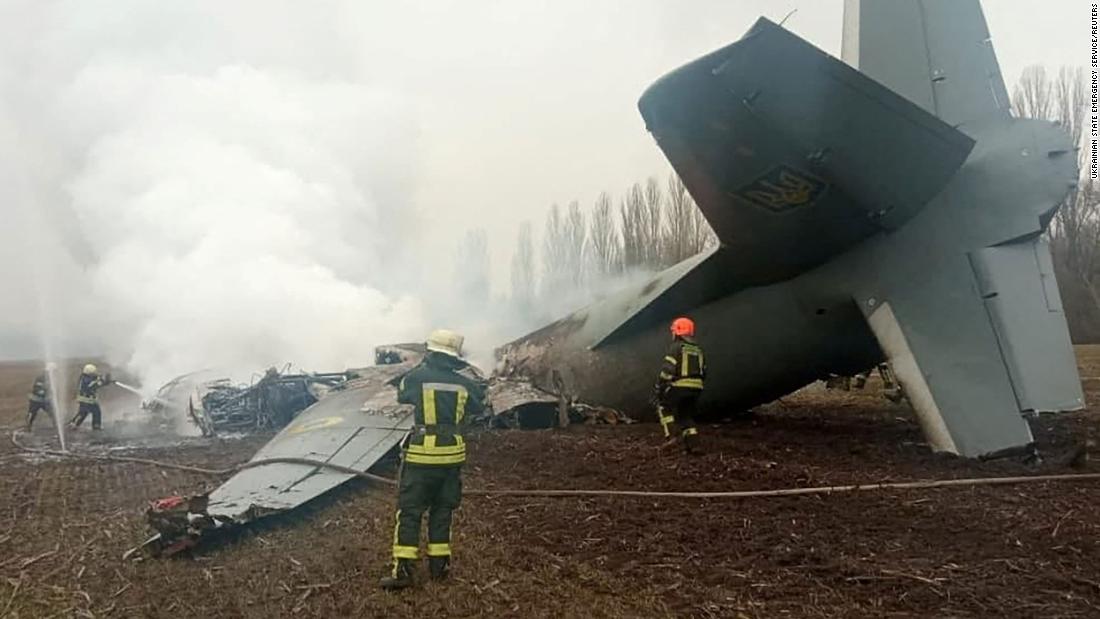Scotland Yard Placed Under Government Watchdog
The “special measures” category is used for UK public sector organizations that are deemed to be failing in their delivery of services. This will be the first time in its long history that the London Metropolitan police will have suffered this ignominy, writes a former UK Detective Superintendent.


photo by AHMM
The London Metropolitan Police has been placed into a process of “special measures” by the UK police watchdog, Her Majesty’s Inspectorate of Constabulary, Fire and Rescue Services (HMICFRS).
The special measures categorization is used for those public sector organizations that are deemed to be failing in their delivery of services to the public. It is roughly similar to the consent decree imposed by the Department of Justice on police agencies who are judged to have a “pattern or practice” of bias.
It is not used lightly.
This will be the first time in its long history that the London Metropolitan police will have suffered this ignominy.
The move comes at a time when there is no permanent Commissioner of Police at the force, as the Home Secretary and the Mayor of London, who are on opposite sides of the political divide, determine who is to be appointed.
The competition is down to the final two candidates, Sir Mark Rowley and Nick Ephgrave and an announcement should be made in the coming week following a final interview process.
Both candidates are distinguished police officers. Rowley who retired from the Metropolitan police in 2018, is the apparent front runner.
The difficulty for the police force now is that this new move by the Inspectorate has come at a time when the Metropolitan police is already reeling from a litany of problems that have bedevilled the force over the past four years, and which coincided with the controversial tenure of the former Commissioner, Dame Cressida Dick.
The UK Guardian newspaper has revealed that the latest inspection of the force by HMICFRS has found systemic failings in the under-recording of crime, with 70,000 incidents being improperly categorized or not recorded as crimes.
The inspection has also highlighted that the national agreed standards for conducting stop and search operations had failed to be met, with 25 percent of stops not being recorded at all. This meant the justification for use of this police power by those officers conducting the stop and search procedures could not be assessed.
In a highly sensitive area of policing, and one which is heavily scrutinized by many interested groups from across the spectrum of UK criminal justice, there will undoubtedly be an outcry from them about the unfair and disproportionate use of these powers and its targeting of black and minority communities, when the findings of the 2021/22 inspection report are finally published.
Stop and search measures (stop and frisk) will always be controversial. They have been instrumental in causing problems in those communities in which their use has been exercised — to which the U.S. can attest. There should be no excuse after all for reforms in this area of policing, and no excuse for continuing to get it wrong.
What is significant is that the enforcement of a regime of special measures – that is the increased oversight, scrutiny and intervention by HMICFRS into the police force performance — comes at a time when the Metropolitan Police has launched its own campaign to win back public trust and confidence. It is a body blow that will no doubt further undermine the morale of police officers and one which will give the many critics of the force further ammunition.
There have been many instances in the past few years that have severely tarnished the reputation of the Metropolitan police, its legitimacy as a service and its failure to respond to the need to change its toxic cultural attitudes towards women, and minorities.
The fundamental question is how a new Commissioner will approach and solve these many problems. It should perhaps be welcomed that the HMICFRS will now be heavily involved in assisting and guiding the senior leadership at the Metropolitan Police.
But it is unfortunate that, based on the two leading candidates. the force will once again be led from within. It would have been a marvellous opportunity for a complete outsider, with no taint from having worked at the force, to be appointed.
Ideally, a candidate from outside of policing altogether, with no background in policing but one with considerable experience of reformative leadership could have been considered.
It will be such a crucial appointment at a time when all of UK policing and those on the periphery will be looking for a dynamic and respected leader to bring about strong and positive change.
The UK police service has a vision for reforming and transforming policing but it is the crucial problem of any very large organization that its people are the key to service delivery. If they are not of the right calibre, poorly recruited trained and developed, then everything else will fail.

Gareth Bryon
There can be no second chances now for an organization that is both at a crossroads and in the crosshairs of its political masters. They have to get it right.
The people of London deserve, expect, and need an excellent police force.
Gareth Bryon is a former Detective Chief Superintendent who worked as a senior officer in the South Wales Police and the British Transport Police, where he led major crime investigation and forensic science services for over 30 years.

 Landwebs
Landwebs 























